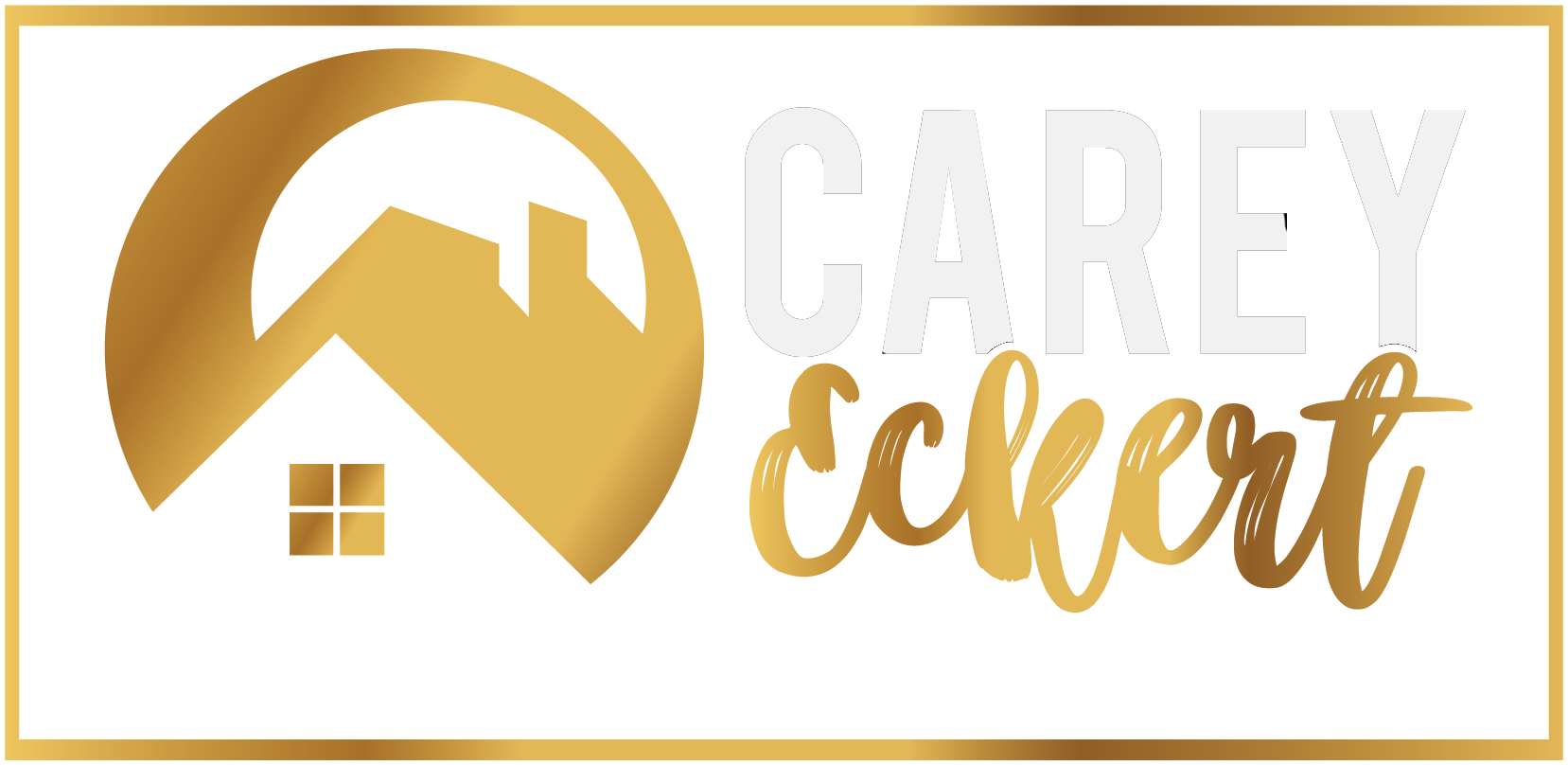Learn More
Probate Real Estate Sales Process
The probate sales process is a court-supervised procedure of selling and buying an estate of a deceased individual.
What is the first thing to do in a Probate Sales Process?
If you are a beneficiary or the executor of an estate, you may feel the probate process is too much for you. You will need help from experts in the field.
The first thing you should do is hire a real estate attorney knowledgeable about probate sales in real estate and a real estate agent experienced in probate real estate sales.
Your agent will help you price your home. Your lawyer can handle complex, paper-intensive probate real estate sales. Both should be familiar with probate and trust sales and be able to explain the language, documentation, and overall procedures. The court will first decide the formality of the probate process.
How does the process take place?
Before listing the property for sale, the estate executor must have it assessed. The executor is the authority to list or sell the estate; a sale cannot occur until that person has been recognized.
The asking price of the house will be based on the appraisal. An accepted proposal must equal 90% of the Probate Referee’s estimated worth. After obtaining the valuation, the executor will submit a petition to the probate court requesting for sale to begin. After the court hearing, the executor will be permitted to legally list the house for sale marked in probate.
What happens after the house has been listed for sale?
Marketing the property comes next. The offer price must be published in a local newspaper while the parties wait for the hearing. This allows other potential bidders to make an offer during the court hearing. Your attorney will request a court date to confirm the sale of the property if the probate court needs to confirm your sale.
The real estate agent should continue to show the house and advertise it to prospective purchasers even after the court date is set to get an “over-bidder” and thereby increase the sale price. The initial bidder may place a second bid for the property. The procedure of bidding and overbidding will be under the probate court’s supervision. The bidding procedure is subject to tight regulations. At the end of the hearing, the probate court will confirm the ultimate purchaser, and the executor can finish the real estate transaction.
The probate process might be longer due to court involvement. Organize your team and work with professionals to avoid delays and misunderstandings to save time and money. If you are interested in learning more about probate real estate sales 101, please feel free to contact our team anytime.

